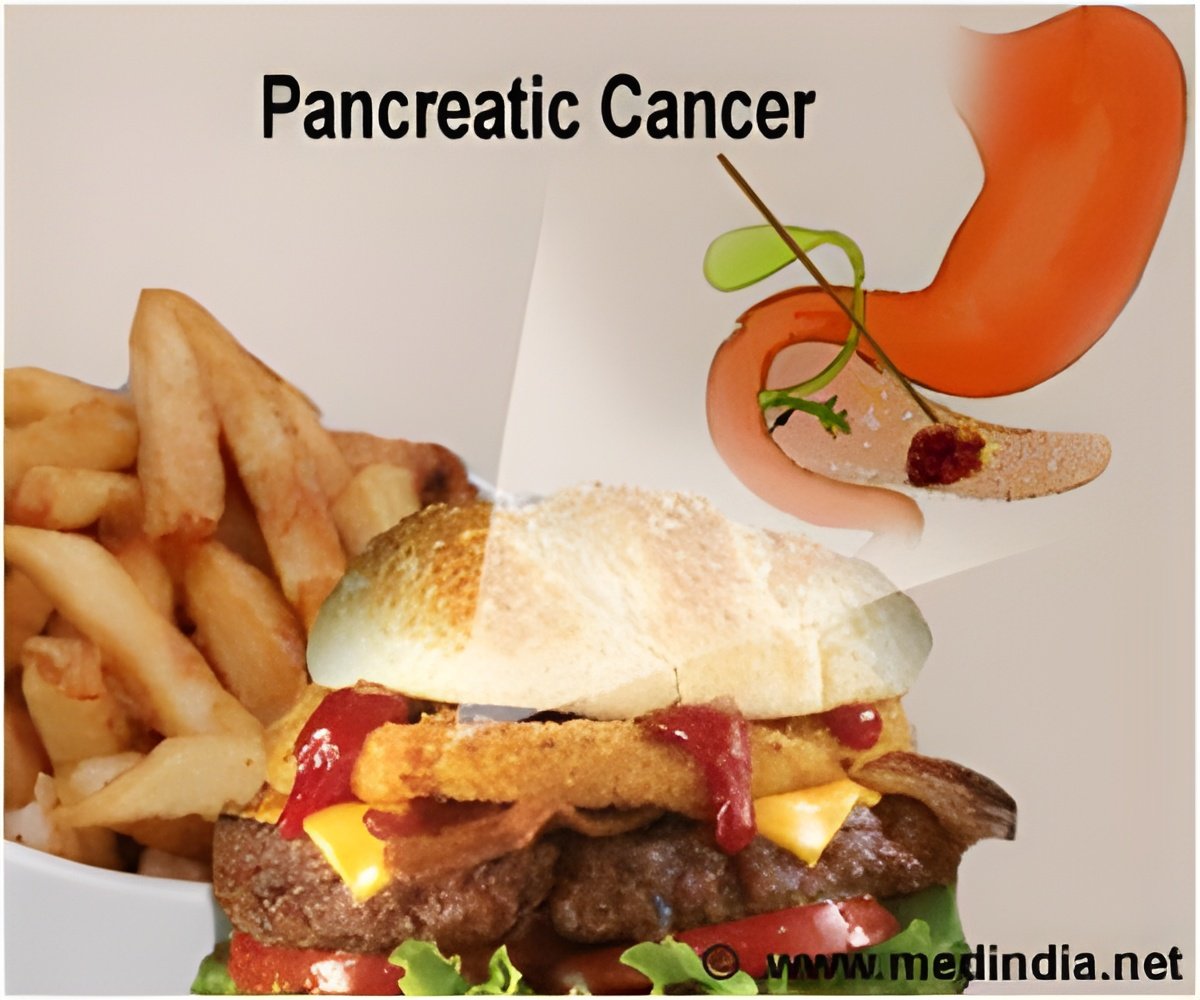
"There is so much more to it than posting duck-face pictures of yourself online," he continued, sucking in his cheeks and pushing out his lips to playfully underscore his point.
"If a 15-year-old who didn't know what a pancreas was could figure out a way to detect pancreatic cancer, imagine what you could do."
Andraka, who turned 16 in January, recounted how three years ago he began scouring the Internet for information about pancreatic cancer after it killed a cherished family friend.
He told of being shocked to learn that the cancer was typically found too late to save people. On top of that, the test used to screen for the illness was 60 years old, he said.
"That is older than my dad," Andraka quipped. "More important, it is expensive, inaccurate, and your doctor would have to be ridiculously suspicious that you had the cancer to give you this test."
Advertisement
"Undeterred due to my teenage optimism, I went online to a teenager's two best friends: Google and Wikipedia," Andraka said.
Advertisement
"Finally, on the 4,000th try when I am losing my sanity, I found the protein," Andraka said.
The revelation came in what he described as an unlikely place, a high school biology class he referred to as an "absolute stifler of innovation."
"I was sneakily reading this nanotubes article under my desk while we were supposed to be paying attention to antibodies," Andraka recalled.
"Suddenly it hit me that I could combine what I was reading with what I was supposed to be thinking about."
He described a recipe for making paper sensors to detect the protein - mesothelin - in blood that is "about as simple as making chocolate chip cookies, which I love."
The test costs three cents, takes minutes, and appears to be 100 percent accurate, according to his TED Talk.
Andraka said he sent out 200 requests to scientists for lab space to continue his work, only to be rejected by all but Johns Hopkins University where he was fiercely grilled before being taken in.
He commenced to fix holes he discovered in his "once brilliant procedure" and went on to be awarded the 2012 Intel International Science and Engineering Fair grand prize.
Andraka described his approach as having the potential to be tailored to screen for other forms of cancer as well as heart disease or HIV/AIDS.
He told of currently working on "something the size of a cube of sugar" that could "look through your skin" and study blood or signs of almost any disease. The cost? An estimated five dollars.
Source-AFP












